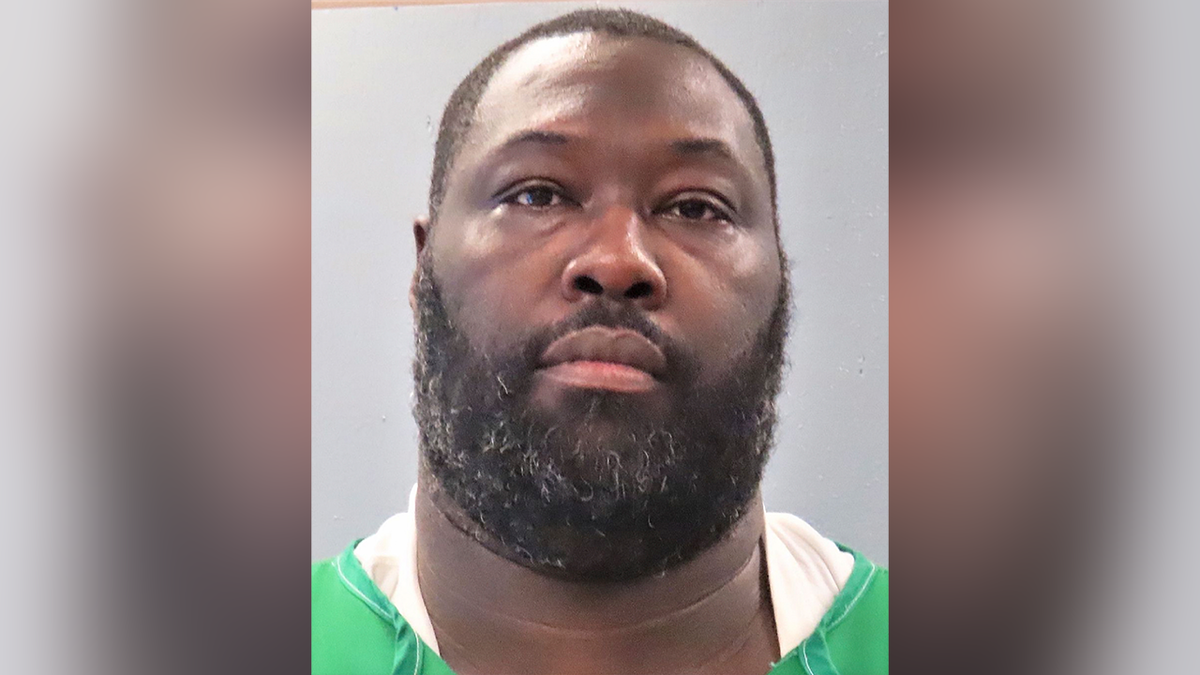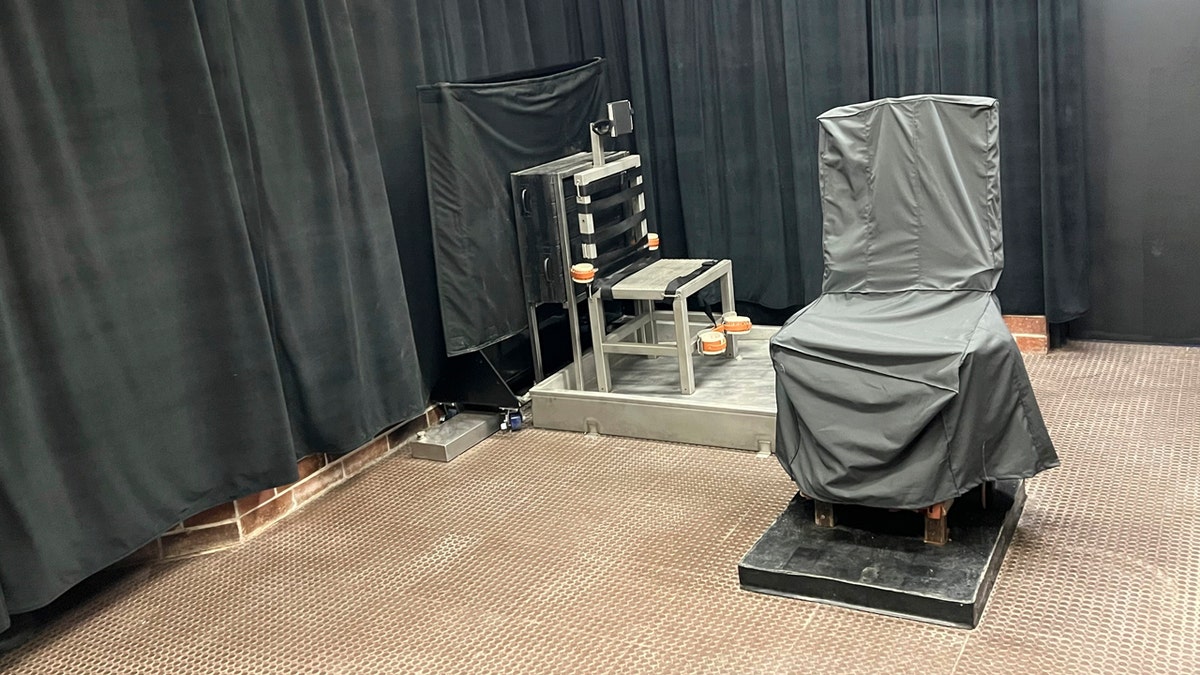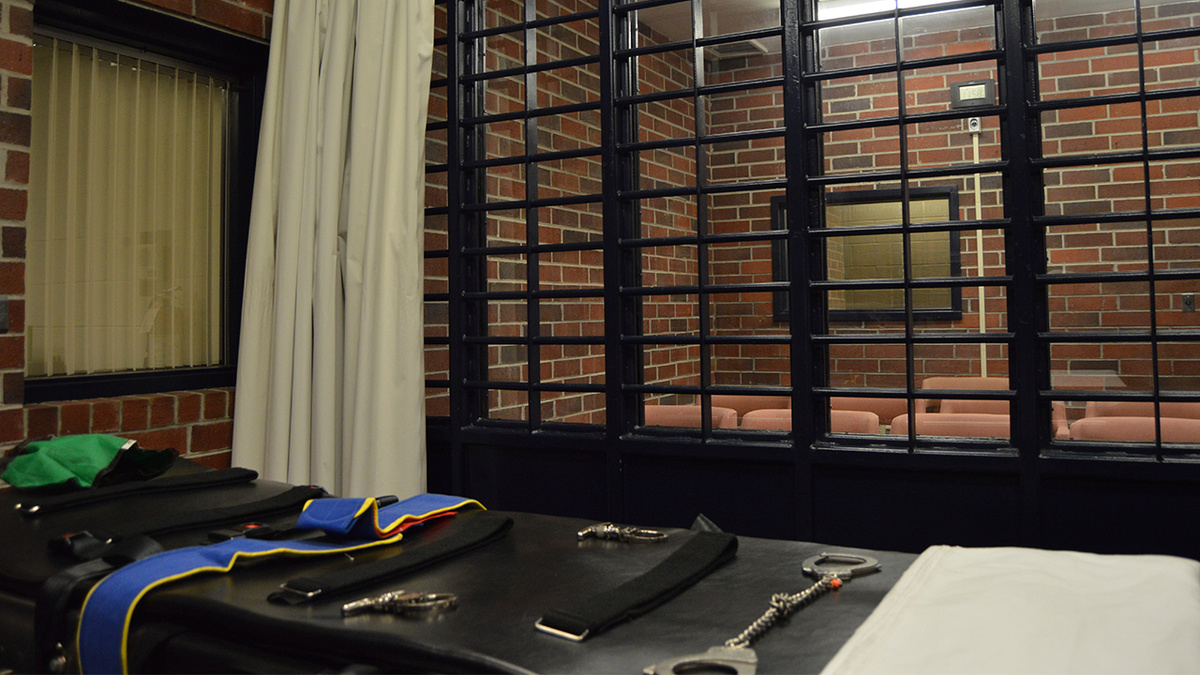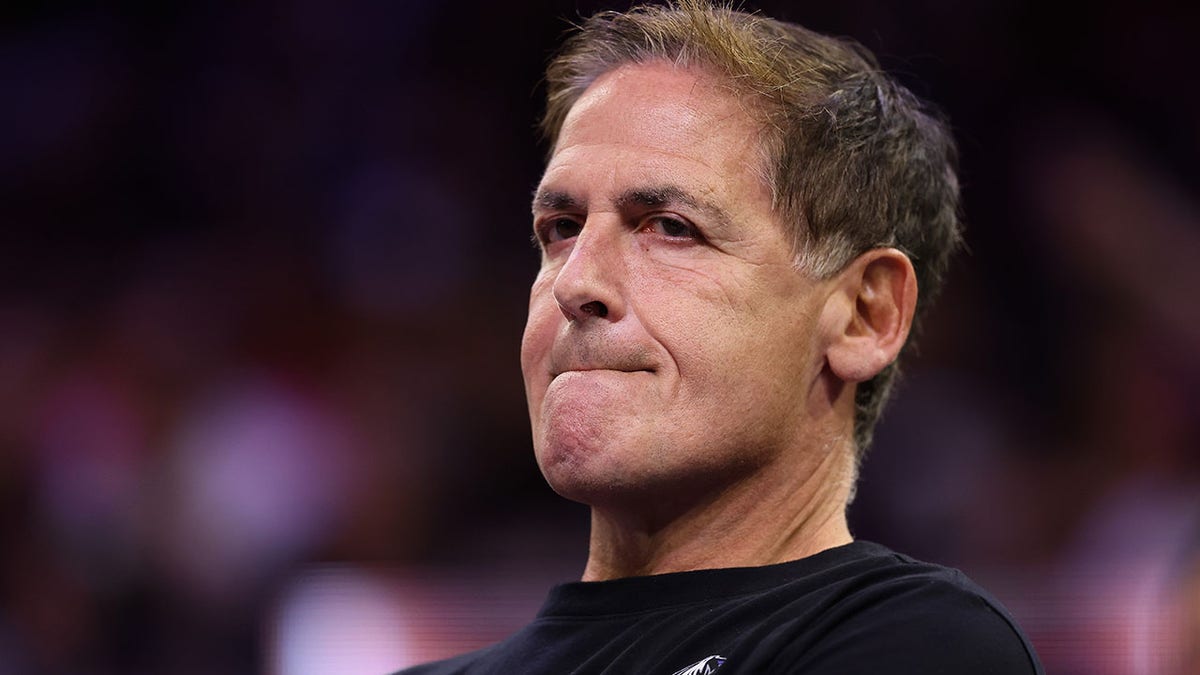In a somber event on Friday, South Carolina carried out its third execution in four months, marking a resumption of capital punishment after a 13-year hiatus caused by difficulties obtaining lethal injection drugs. Marion Bowman Jr., 44, was executed for the 2001 murder of his friend, 21-year-old Kandee Martin, whose remains were discovered in a burned vehicle. Bowman maintained his innocence throughout his trial and subsequent appeals, attributing his conviction to the testimonies of friends and relatives who accepted plea deals.

Witnesses described Bowman's final moments: a brief glance at his attorney, followed by closed eyes and heavy breathing before his passing. In his final statement, he expressed hope that his death would bring some solace to Martin's family, acknowledging their pain and anger. He also reflected on the transformative potential of inmates on death row, emphasizing their growth and change over time.
Bowman's execution follows a renewed effort by South Carolina to address a backlog of death row inmates whose appeals were exhausted during the period when the state lacked the necessary drugs for lethal injection. The state legislature recently enacted a shield law to protect the anonymity of drug suppliers, enabling the resumption of executions.

This execution is the first in the U.S. this year, following 25 nationwide last year. South Carolina's Supreme Court has sanctioned executions every five weeks until the remaining inmates who have exhausted their appeals are put to death. The state has a significant history with capital punishment, having executed 46 inmates since 1976, placing it among the states with the highest number of executions.

Despite Bowman's refusal to seek clemency, Governor Henry McMaster issued a denial of clemency, citing informal requests and petitions to spare Bowman’s life. Bowman's legal team raised concerns about the execution process, particularly given Bowman's weight and potential complications with administering the lethal injection. They also questioned the effectiveness of the drugs used in a previous execution, citing evidence of potential suffering.








